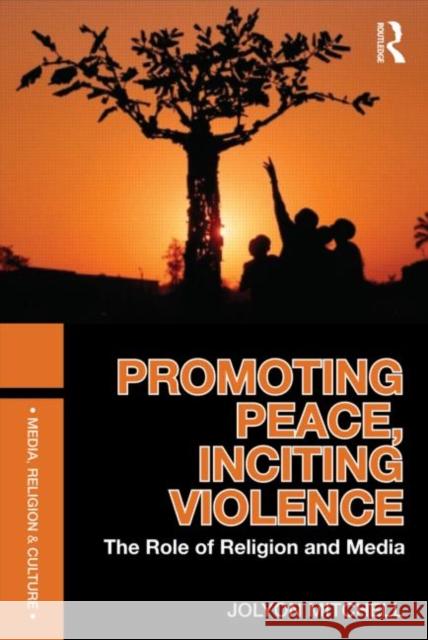Promoting Peace, Inciting Violence: The Role of Religion and Media » książka
topmenu
Promoting Peace, Inciting Violence: The Role of Religion and Media
ISBN-13: 9780415557474 / Angielski / Miękka / 2012 / 328 str.
Promoting Peace, Inciting Violence: The Role of Religion and Media
ISBN-13: 9780415557474 / Angielski / Miękka / 2012 / 328 str.
cena 195,86
(netto: 186,53 VAT: 5%)
Najniższa cena z 30 dni: 186,33
(netto: 186,53 VAT: 5%)
Najniższa cena z 30 dni: 186,33
Termin realizacji zamówienia:
ok. 22 dni roboczych.
ok. 22 dni roboczych.
Darmowa dostawa!
- Part One considers how various media forms can contribute to the creation of violent environments: by memorialising past hurts; by instilling fear of the 'other'; by encouraging audiences to fight, to die or to kill neighbours for an apparently greater good.
- Part Two explores how film can bear witness to past acts of violence, how film-makers can reveal the search for truth, justice and reconciliation, and how new media can become sites for non-violent responses to terrorism and government oppression. To what extent can popular media arts contribute to imagining and building peace, transforming weapons into art, swords into ploughshares?











